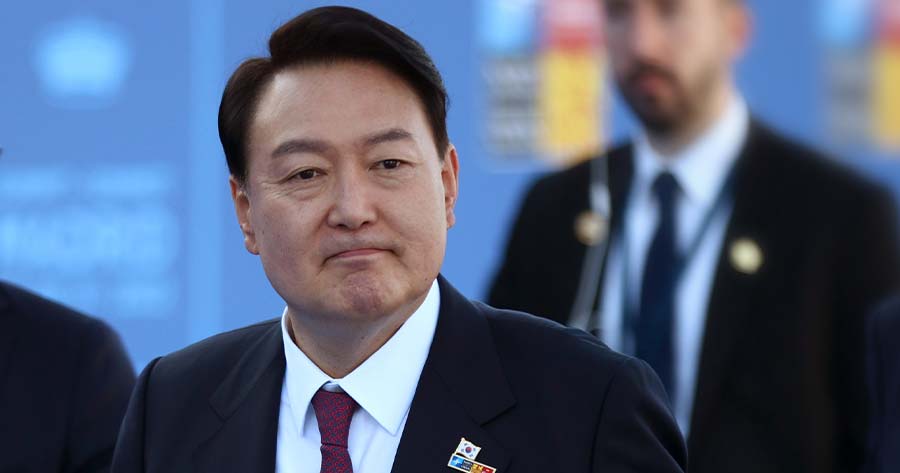South Korea’s leadership crisis deepened following President Yoon Suk Yeol’s brief declaration of martial law, leading to his investigation and the arrest of his former defense minister.
Yoon narrowly survived an impeachment vote late Saturday, despite thousands rallying outside the parliament, calling for his resignation, arrest, and the dissolution of his ruling party.
On Tuesday, Yoon declared martial law, citing the need to purge “anti-state forces” and obstructionist political opponents. Although it lasted only six hours, the brief declaration plunged South Korea into one of its most significant political crises in decades, severely jeopardizing its democratic reputation.
Despite surviving the impeachment vote, Han Dong-hoon, leader of the People Power Party, announced that Yoon would be excluded from participating in foreign and other state affairs until his eventual resignation. This move, however, was met with strong opposition from lawmakers.
Woo Won-shik, National Assembly Speaker, argued that delegating presidential authority to the prime minister and the ruling party without impeachment was unconstitutional. Meanwhile, the main opposition Democratic Party demanded the immediate suspension, strip of military power, and arrest of Yoon and related military officials.
Yonhap news agency reported that three minority opposition parties filed insurrection charges against President Yoon, former Defense Minister Kim Yong-Hyun, and martial law commander Park An-su. While Yoon was officially named a subject of investigation, Kim was arrested. If convicted of insurrection, those involved could face the death penalty or life imprisonment, with or without forced labor.
Meanwhile, in response to concerns over further martial law, multiple military leaders, including the acting defense minister, pledged to refuse any future orders to impose it. Prime Minister Han Duck-soo reassured the United States and Japan that the cabinet would work to maintain trust with its allies.





